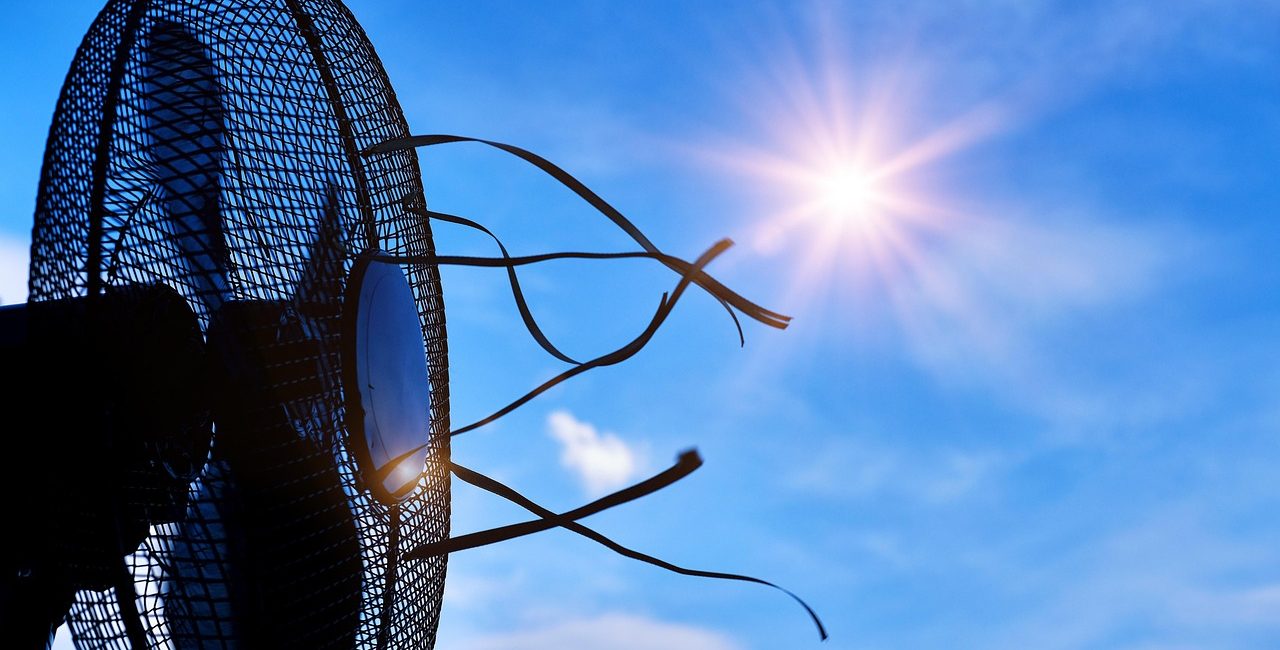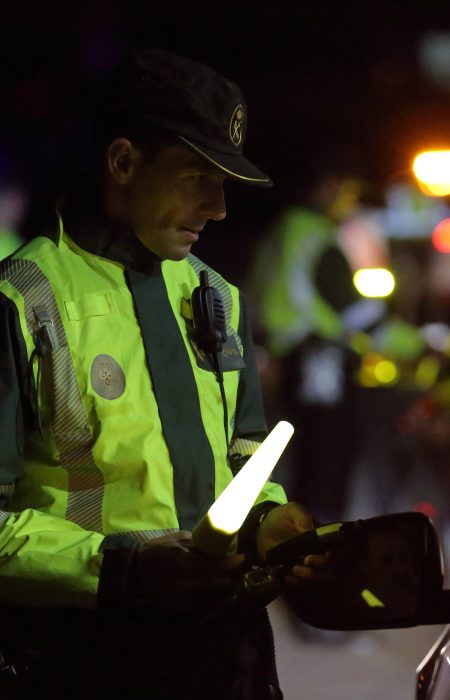This weekend, the Social Emergency and Reception Centre (CAUS) in Alicante Council provided treatment to 159 individuals in response to the extreme temperatures that are expected to persist until Monday. The Valencian Community Emergency Coordination Centre has issued a red alert for the southern coast of Alicante in response to the extreme temperatures that are expected for the day. The council is ensuring that its Municipal Territorial Emergency Plan (PTEMA) and the Local Operational Coordination Centre (Cecopal) remain active and operational. According to the State Meteorological Agency (Aemet), the temperature is expected to reach a high of 37 degrees and a low of 27 degrees today, Monday August 18th.
Luis Barcala, the mayor of Alicante, has declared that “all extraordinary measures remain in place” and has advised Alicante residents to “exercise extreme caution and pay special attention to the elderly, children, pregnant women, and the sick, who are more vulnerable to high temperatures.”
The Cecopal (Cecopal) implemented a series of measures on Saturday that will remain in effect until Monday. One of these measures is the complete prohibition of explosives and any other form of pyrotechnic display in rural areas of the municipality, as a result of the high risk of forest fires. The prohibition also encompasses the use of tools, the burning of debris, agricultural practices, and any activity that could potentially ignite vegetation in rural and forest areas.
Support for the CAUS
The City Council is continuing to implement all of the preventive measures that were agreed upon by the Cecopal (Cecopal) at its meeting on Saturday, in light of the ongoing heat wave. These measures include the establishment of the Social Emergency and Reception Centre (CAUS) from 11 a.m. to 8 p.m. to function as a climate shelter for homeless individuals. The centre will provide them with food, water, and a sunscreen, hydration, and personal hygiene equipment. This resource was utilised by 78 individuals on Saturday, and 81 individuals were treated at the CAUS on Sunday.
The Local Police are collaborating with Social Welfare and other services to educate pedestrians and beach users about the importance of avoiding direct exposure to the sun, engaging in intense physical activity during peak hours, and ensuring that they hydrate routinely.
Simultaneously, the Parks and Gardens Department is enhancing and monitoring the surveillance of green areas and parks, as the branches of certain tree species, particularly ficus trees, are prone to breaking off as a result of high temperatures, particularly during heat waves. In particular, the development of trees in the Portal de Elche, Gabriel Miró, and Canalejas neighbourhoods, as well as other regions of the city, is being monitored and hydration is being improved.
Tourism and Safety departments are enhancing their public address system on municipal beaches to provide information about the high temperatures and preventive measures. The departments are placing a particular emphasis on the importance of staying hydrated, protecting oneself, and avoiding direct solar exposure during peak hours. Preventive recommendations and information notices will also be displayed on beach access panels. In response to this severe heat wave, all City Council services, including the Local Police, Firefighters, and Civil Protection, are remaining vigilant and operational.
Suggestions for managing extreme temperatures
The Council advises adhering to the recommendations, taking precautions, and remaining informed through official channels in light of the elevated temperatures.
Monitor the fluid intake of the elderly and minors with particular care. Individuals who are obese, ailing, or taking specific medications, as well as children under the age of five and those over the age of 65, are the most susceptible. Individuals who participate in physical activities should also exercise extreme caution.
-Try to expose yourself to the sun as little as possible and use sun protection.
-Wear light, light-colored clothing that covers most of your body, especially your head.
-Meals should be light, with foods rich in water and minerals, such as fruits and vegetables. Drink plenty of water.
-Avoid prolonged physical exercise, especially during the central hours of the day.
-Never leave anyone inside a closed vehicle.
-Keep windows and blinds closed in your home if it’s hot outside, especially on facades exposed to the sun.
-Find the coolest rooms in your home, hydrate with water and fruit juices, take showers, and use any cooling systems available.
-Do not consume alcoholic beverages as they promote dehydration, nor other diuretic beverages such as tea or very sugary ones.









No Comment! Be the first one.